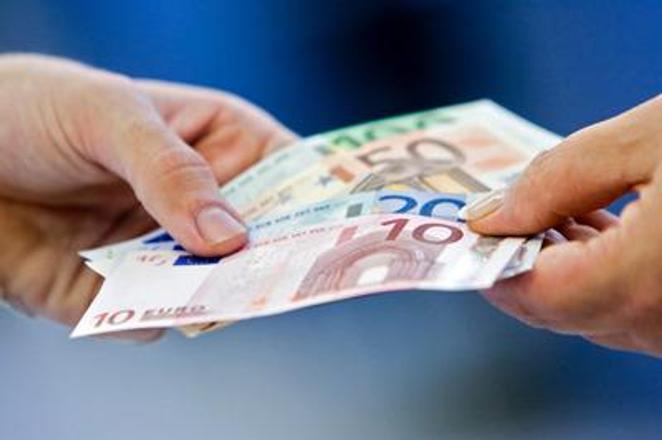The Žltý Melón and Zinc Euro firms see peer to peer credits or collective loans as increasing constantly.
“Those interested can simply choose the amount of loan and if they pass the test of creditworthiness, an auction is set up for their loan,” Svetlana Krulj, spokeswoman of Žltý Melón, explained for the TASR newswire. “Then he or she waits for offers from investors who compete for conditions and sums of the loans rendered.”
Investors can determine their interest rate and divide their investment among several applicants, thus being protected against debtors not repaying, Krulj added.
Zinc Euro operates in a similar way.
“There is no direct communication between investors and debtors on our platform,” chair of the board Maroš Kiska said, as quoted by TASR. “An investor is allocated to a debtor by Zinc, due to his preference of profit and time of investment. After he passes a strict scoring system, the debtor is matched by Zinc with investors who will jointly share the financing of this specific loan with their investments.”
Based on this process, contracts on loans are then concluded between natural persons, i.e. between a debtor and an investor, as defined by the Civil Code.
Loans made via Žltý Melón amounted to €3.5 million last December, up by 150 percent year-on-year, Krulj said. They have more than 3,000 registered investors now, she added.
Since Zinc Euro operates in Slovakia only since June 1, 2015, it has no annual comparison.
“But despite this, we can say that we have registered a six-time increase in the number of debtors approved against the first months of our operation,” Kiska told TASR.
Experts, however, see the risk in this type of loans in debtors not repaying.
“There is no risk of disadvantageous interest rate, as clients can immediately compare it with other possibilities of getting loans,” Pavel Škriniar of the Finančná Hitparáda website said, as quoted by TASR.
Even those who are listed in the loan register as badly repaying, and thus have problems getting a loan from banks, can get a loan here, he added.
Maroš Ovčarik of the Finančný Kompas website sees the interest rates of these companies as competing with those at banks. However, he mentioned fees as the snag that may be disadvantageous.
“In the case of Žltý Melón, the starting fee is high, i.e. between 2.9 percent and 6 percent of the sum, depending on the client’s rating,” Ovčarik said, as quoted by TASR. “Almost all banks currently offer loans without initial fees.”
Another big difference is the fee for premature repayment of the debt.
“In banks, the premature repayment is without any fee now,” Ovčarik noted. “However, these companies charge 3 to 5 percent from the remainder of the debt. Moreover, neither of the companies is supervised by the central bank, NBS, as they do not have a licence from it.”


